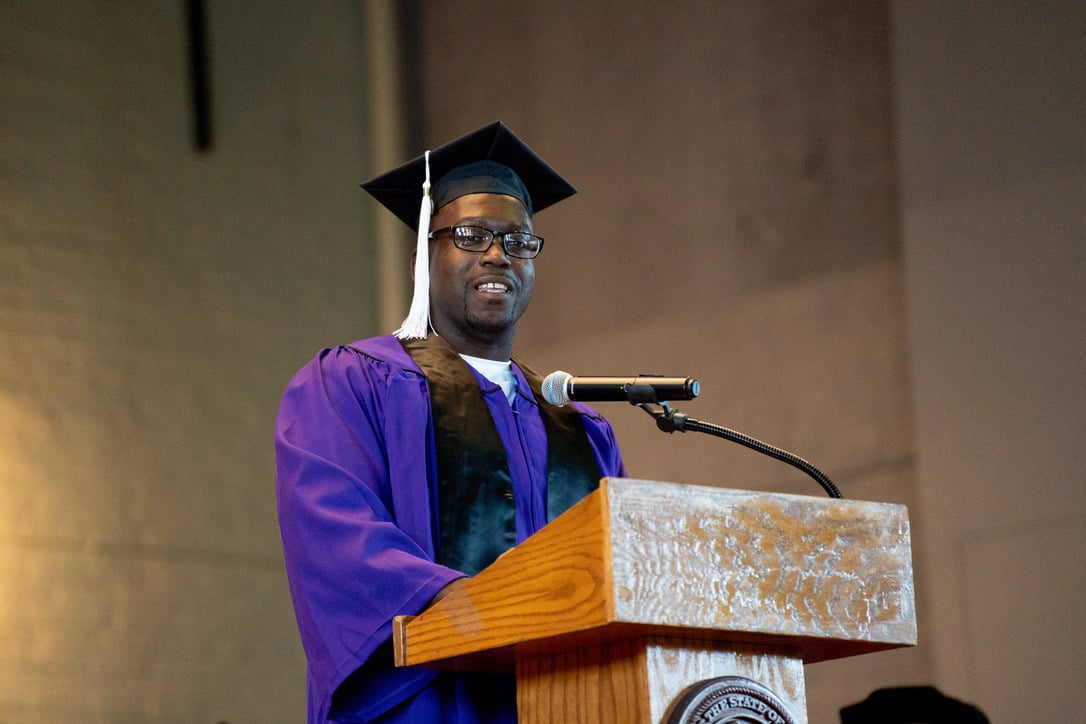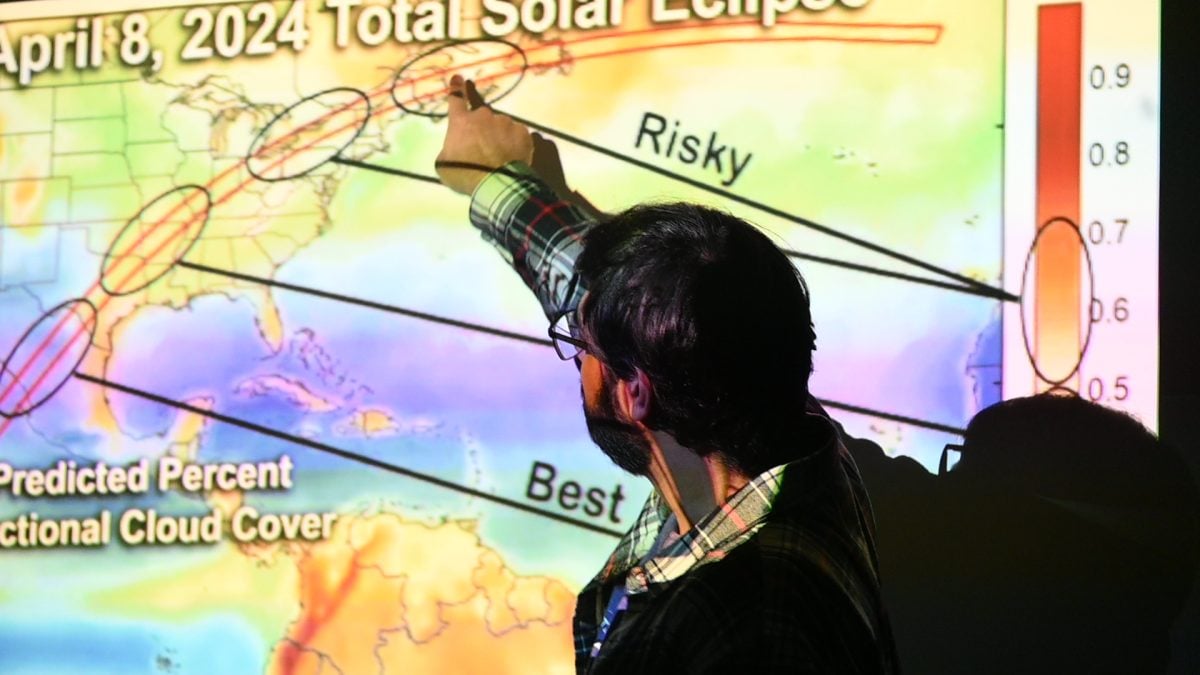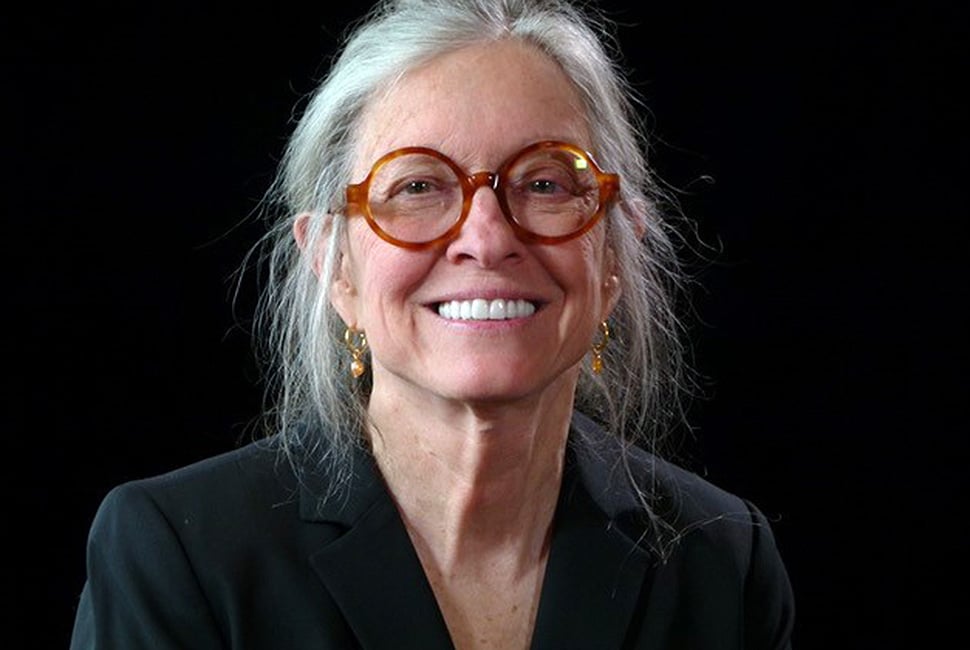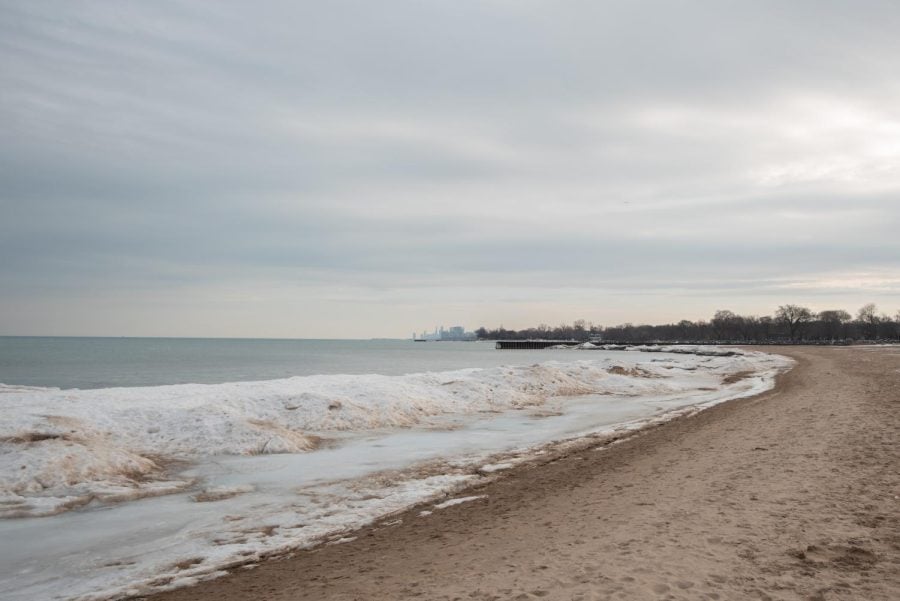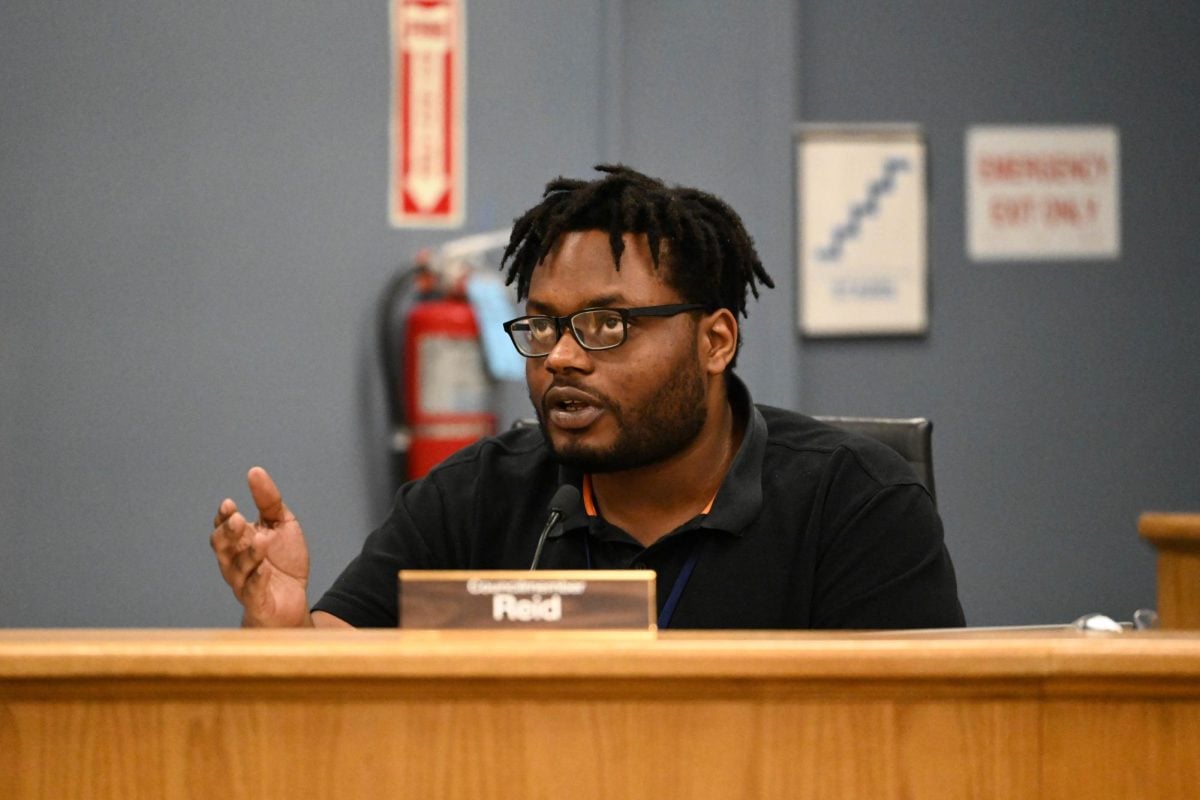In 2004, a judge told then 19-year-old Benard McKinley he would spend his next 97 birthdays behind bars. Last month, however, McKinley turned 39 as a free man and opened a hard-won birthday gift: an acceptance letter from Northwestern’s Pritzker School of Law.
With a legal career ahead of him, McKinley wants to give back to the community he once took so much from, he said.
After five years of coursework at Stateville Correctional Center, McKinley graduated in November in the inaugural class of the Northwestern Prison Education Program. According to NPEP Director Jennifer Lackey, it is the first bachelor’s degree-granting program offered to incarcerated students by a top 10 university in the U.S.
McKinley said he dreamed of becoming a lawyer, but growing up in Chicago’s Austin neighborhood, “those dreams got thrown out.” Instead of mental health support and legal resources, McKinley said his community had drugs and gangs.
At 16, McKinley was arrested for a gang-related murder. At 19, he was sentenced to 100 years in prison without parole, a sentence later deemed unconstitutional for juvenile offenders. While serving time, he took legal action to reduce his sentence to 25 years, of which he served 22.5 before his release in January.
McKinley’s interest in law was revived at Menard Correctional Center, the first prison he served time in. There, he saw correctional officers beating individuals and denying them medical care and food, but no one knew how to advocate for them, he said. So, he started learning.
“My prison cell became my university,” McKinley said. “Even before I was admitted to Northwestern.”
McKinley earned his GED and paralegal diplomas by 25, along with a reputation among others in the prison for his knowledge of law. While incarcerated, McKinley said he filed court complaints for those who experienced civil rights violations.
For example, one incarcerated individual was given medication to “shut him up,” which caused damage to his gut health, McKinley said. McKinley helped him with the grievance process and filed his complaint in U.S. federal court.
As McKinley became more familiar with the law, he petitioned the Illinois Appellate Court to commute his century-long sentence.
“That was a sentence that I couldn’t understand, so I psychologically refused to acknowledge it,” he said. “And I also think that’s where my strength came in.”
Though he received denial after denial, he kept fighting.
His case made it to the U.S. Court of Appeals for the 7th Circuit, which invalidated his original sentence. Ultimately, McKinley successfully got his sentence reduced twice — to 39 years in 2016 and to 25 years in 2020.
“When Benard puts his mind to something, he will not relent until he follows through,” said fellow NPEP graduate James Soto.
Lackey said McKinley’s educational pursuits while incarcerated helped the court determine the quality of his character.
“Prisons need educational programs,” McKinley said. “Knowing that a person is uneducated and putting them back out uneducated, it’s like you’re betting on him to go back to what he used to be doing, or what he’s known all his life.”
Lackey said education also enables those who are incarcerated to find a sense of meaning, which may be even more important than its efficacy in lowering recidivism rates.
McKinley said studying the law allowed him to find his purpose: opening a legal clinic. He’s one step closer to his goal with his recent acceptance to Pritzker, he said.
McKinley plans to open the clinic with his former NPEP tutor, Haley Greep. He studied with Greep for the LSAT and the pair discovered they had the same professional aspirations — to create a community hub where those from underserved communities could secure legal assistance.
“I think Benard would agree that (the clinic) would also provide mental health resources to the community and be a place where people feel safe and listened to, and that if they ever run into trouble, that we got them,” Greep said.
As with much of the work he did while incarcerated, McKinley wants to fight “with the underdog,” he said. In doing this, he added he hopes to not just fight for them but to help them fight for themselves.
“I can never measure up to what I’ve taken,” McKinley said. “However, this is a start to allow me to show that I’m committed to the positive transformation of my community.”
Email: [email protected]
Related Stories:
— Recent NPEP graduate Benard McKinley marches through The Arch after being freed from prison
— Northwestern Prison Education Program celebrates inaugural commencement
— NPEP expands to provide higher education to incarcerated women











